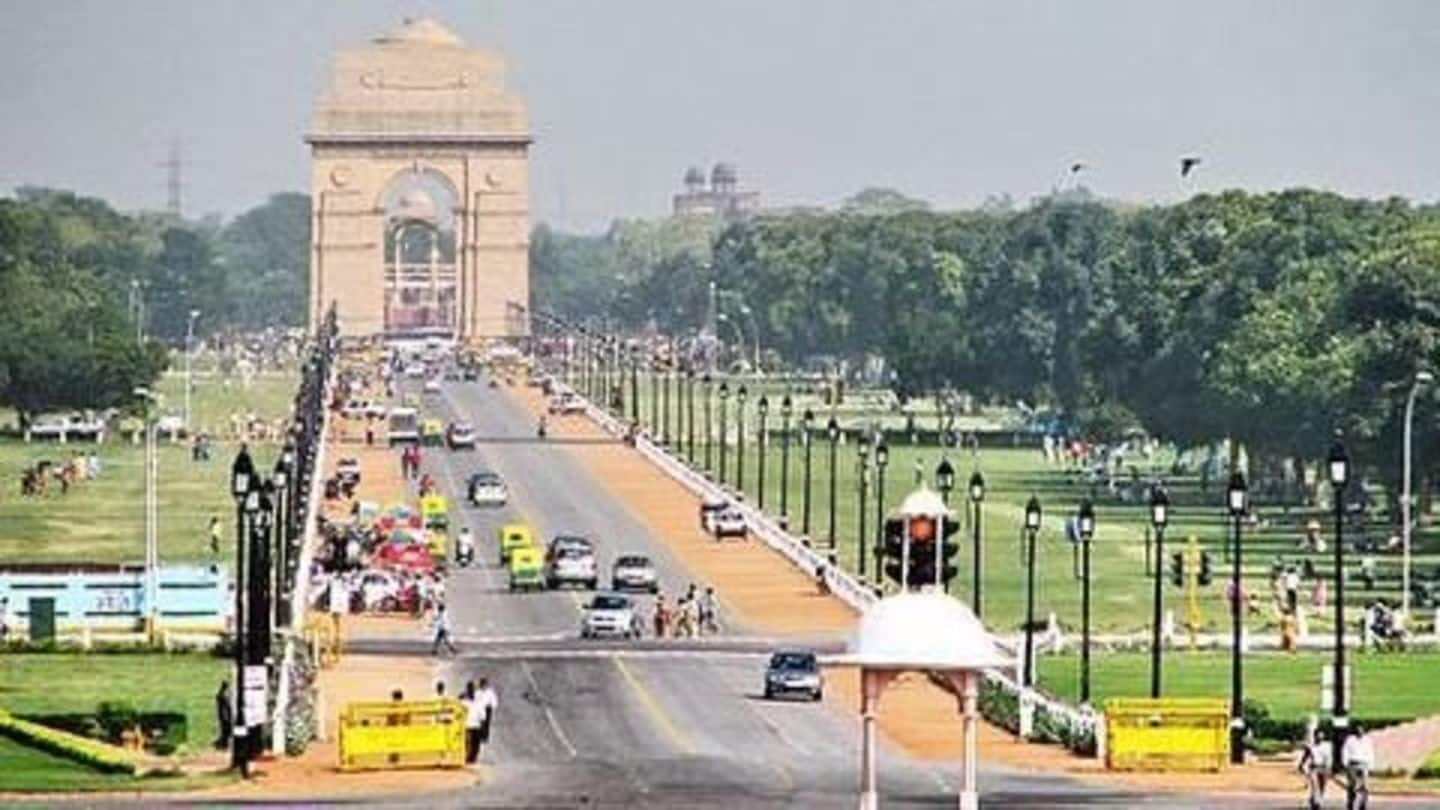
Aggressive Delhi: The capital needs to take a 'chill pill'
What's the story
A recent Pew study ranked India the fourth-worst among 198 countries with regard to religious intolerance. That is just one facet of the increasing intolerance against opposing views.
Delhi, the capital, is fast becoming the epitome of such aggression. The case of 15-20 youths beating to death an e-rickshaw driver, who protested their public-urination, is a recent example.
But why are Delhiites so angry?
Aggression
Residents of Delhi are hell-bent on conforming to stereotypes
Of all the stereotypes associated with Delhi, 'aggression' is on top. As opposed to Lucknow's 'Pehle aap' approach, Delhiites believe in the not-so-subtle 'Jaanta nahi mera baap kaun hai?' method.
28-year-old software engineer Prateek Dewan put it best: "Delhiites have become uncontrollable raging bulls who'll stop at nothing."
In a June'15 poll by HT, 91% respondents agreed that aggression had become second-nature for Delhiites.
Factors
What makes Delhi so vulnerable to aggression?
Delhi is a melting point of cultures: people from all over meet here. Young people, who form a major section of immigrants, are forced to adopt a strong personality to maintain their life alone.
The effect of other aggressive cultures nearby, including Punjab, Haryana and UP, can be felt in the capital.
Rising crime has added fuel, and fostered an environment of mistrust.
Information
Delhi's famous spicy food isn't helping!
The capital is known for its spicy food. However, according to Tanuka Ghoshal, assistant professor at the Indian School of Business, and other researchers, there is a strong connection between spicy food and aggression. Delhi's unbearable heat levels make matters worse.
Crimes
We don't need strong provocation to attack or even kill
In April'16, a mob, including juveniles, beat a dentist in Vikaspuri to death with bats and rods after he told off two youngsters for rash driving.
The next month, a woman and her son assaulted a DTC bus driver after he grazed past their motorcycle.
All these incidents show how even weak triggers might incite Delhiites to display their aggressive side.
DU/JNU
Parents are now wary of Delhi's 'premier' institutes
The premier institutes of Delhi have today become grounds of politicization and violence. The JNU clashes of 2016 have changed the environment in the university; people have to think twice before speaking.
The Ramjas clashes that happened as long back as February are still manifesting in minor scuffles here and there; during admissions in May, parents complained of altercations as they accompanied their aspiring children.
Schools
Aggression is not limited to just public places
In February, Delhi Police revealed that they receive on an average 20 calls daily from schools - complaints are mostly related to fights inside or near school premises involving students and dropouts.
In several cases, even teachers were attacked.
Experts have attributed this trend to bad parenting and over-exposure to "games, online world, and television", which are full of gory material nowadays.
Celebs
What do celebrities from other cities think of Delhi?
"Delhi guys need (three helpers to walk). In Mumbai, even Ratan Tata walks by himself," said writer Shobhaa De.
"Delhi is about power. Such is the spectrum that it tends to be used for the smallest things, in an irresponsible manner," said activist Gerson da Cunha.
"Because of lack of diversity and plurality, there's a lot less tolerance in Delhi," feels politician Milind Deora.
Empathy
When even the metro becomes a battlefield, is hope left?
One only needs to look at the city's roads (full of abuses and rash driving), or travel on the metro (it is often a fight, especially for women, to emerge unscathed from the swelling crowds), to see how desensitized people have become.
People have become heartless enough to simply stand by without helping those in need (remember Nirbhaya?)
So where have Dilli's 'dilwalas' gone?